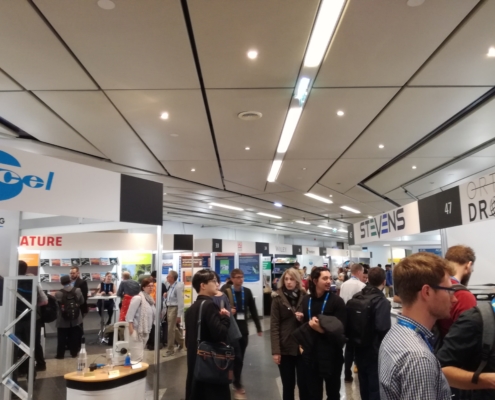
LPRC at #vEGU21 – overview
La Palma Research Centre took part at this year's EGU General…
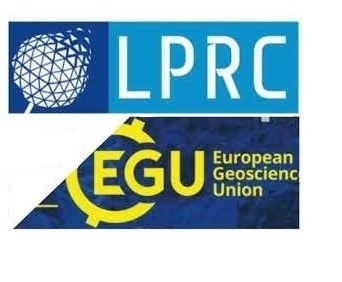
LPRC projects at EGU 2021
This year, following the company's tradition to present its projects…
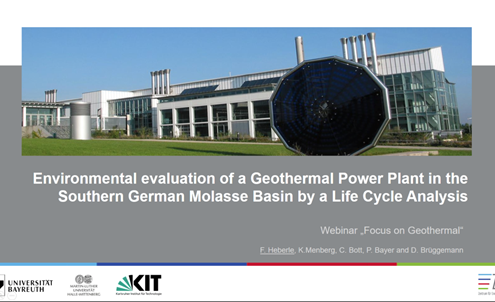
Environmental evaluation of a Geothermal Power Plant in the Southern German Molasse Basin by a Life Cycle Analysis
On the 26th March 2021, ENERCHANGE and ThinkGeoEnergy hosted…
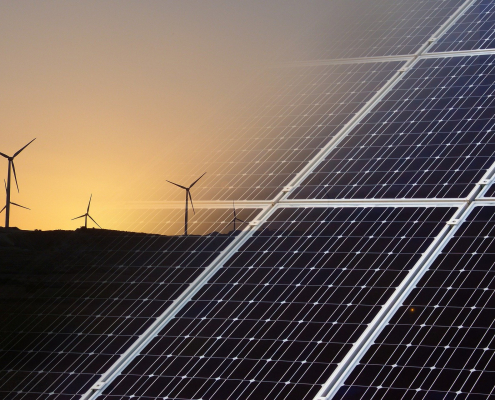
LPRC at “How the European Arctic secures the European Green Deal” webinar
On Wednesday – 17 March 2021 – LPRC was present at the webinar…
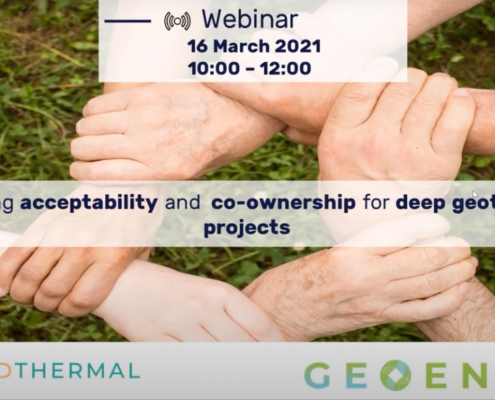
LPRC participates at the GEOENVI-CROWDTHERMAL joint webinar – part 2
The recommendations coming from GEOENVI (see part 1) directly…

LPRC participates at the GEOENVI-CROWDTHERMAL joint webinar – part 1
On Tuesday 16 March, GEOENVI and the CROWDTHERMAL project, where…

LPRC @ EIT RawMaterials Brokerage
LPRC took part as one of the many participants of the recent…
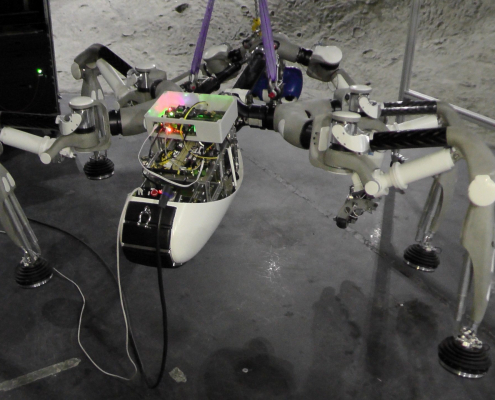 PRO-ACT
PRO-ACTLPRC joins PRO-ACT project TRR session
On 16 February 2021, the PRO-ACT project had its TRR - Test Readiness…
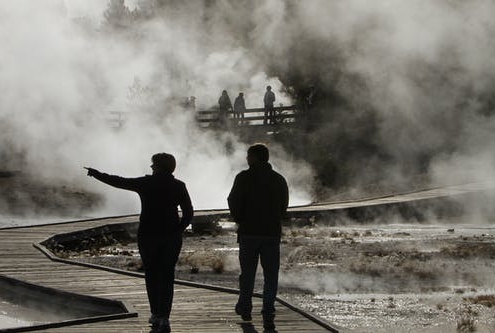
Trends in geothermal, 16th February 2021 part 2: technology
The first part of the Baseload Trend's geothermal webinar focused…

Trends in geothermal, 16th February 2021 part 1: investment
On the 16 February 2021, Baseload Capital (an investing firm)…
